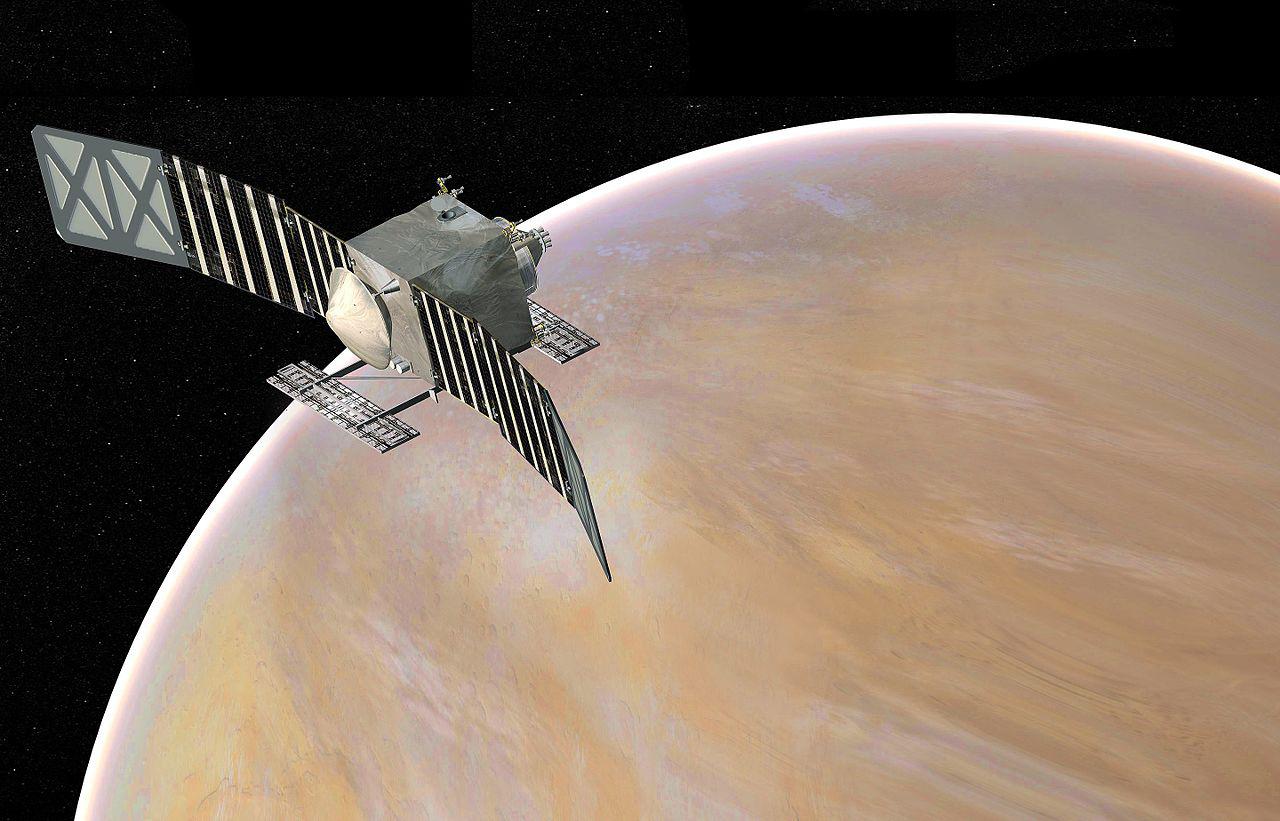After long-term failures caused by budget constraints and staffing problems at NASA’s Jet Propulsion Laboratory (JPL), the long-awaited VERITAS mission to Venus (Venus Emission, Radio Science, InSAR, Topography, and Spectroscopy) has finally received funding. According to the space agency, funds have been found and VERITAS will go to Venus in 2031.

Initially scheduled to launch in 2027, the project was put on pause after funding cuts in the budget proposal for 2024. However, this week the final version of the NASA budget brought an unexpected twist — VERITAS was given the green light, although the launch was postponed for 4 years.
“The nightmare is over. To hear…that we have a launch date and a real budget is, honestly, hard to believe. I walked around last night asking people to pinch me to make sure I wasn’t dreaming!” – Darby Dyar, Deputy Chief Researcher of the VERITAS mission, commented on the good news.
30 years of pause in the exploration of Venus
The last mission to Venus, Magellan, ended in 1994. For a long time, no attention was paid to Venus at all, which caused disappointment among passionate enthusiasts of this planet. But a ray of hope appeared in 2021, when NASA announced the selection of two missions to Venus, one of which was VERITAS. But subsequently, an independent review board discovered systemic problems at JPL, which initially aimed to investigate the delay in the Psyche mission. This prompted NASA to temporarily suspend the VERITAS program.
After NASA’s budget request for 2024 reduced VERITAS funding to $1.5 million from the originally planned $124 million, the mission was on the verge of cancellation. Despite the difficulties, the VERITAS team continued to work, working with a limited budget, collaborating with international partners and even conducting a research campaign in Iceland.
Green light for the VERITAS mission
Following its word, NASA notified the VERITAS team of the decision on the fate of the project in March 2024. Despite severe financial constraints, the space agency remained committed to the mission to Venus, emboldened by the flow of support from the scientific community.
The VERITAS orbiter promises to revolutionize our understanding of Venus by creating high-resolution radar maps and unraveling the composition of the planet’s rocks.
Earlier we told interesting facts about Venus.
According to gizmodo.com
Follow us on Twitter to get the most interesting space news in time
https://twitter.comne/ust_magazine


